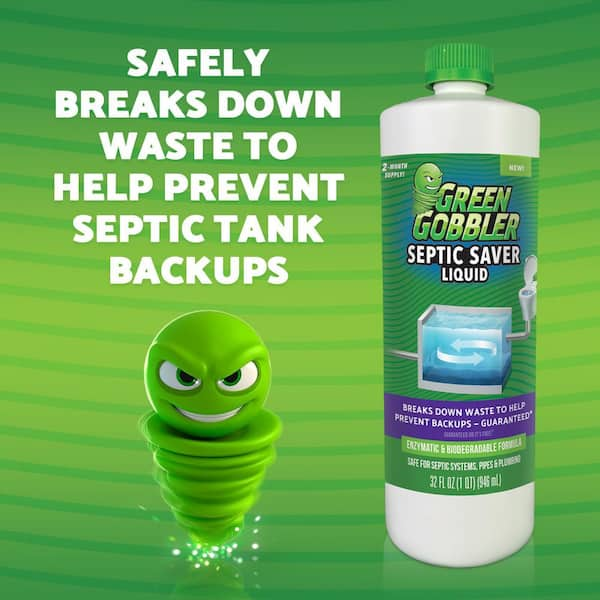You’re probably wondering whether or not Splash Toilet Cleaner is safe for septic tanks, right? Well, in this article, we’ll dig into the compatibility and safety factors of using this popular cleaner in your septic system. We’ll unravel the mystery and provide you with all the information you need to make an informed decision about keeping your toilet clean while also preserving the health of your septic tank. So, let’s get started on this exploration to find out if Splash is the right choice for your septic system.
What is Splash Toilet Cleaner?
Splash Toilet Cleaner is a popular household cleaning product specifically designed to clean and deodorize toilets. It is known for its effectiveness in removing tough stains and germs, leaving the toilet clean and fresh. But when it comes to using toilet cleaners in septic systems, it’s important to consider their impact on the delicate balance of the septic tank. In this article, we will explore the compatibility and safety of Splash Toilet Cleaner with septic tanks, as well as alternatives and best practices for septic system maintenance.
Understanding Septic Tanks
How do septic tanks work?
Septic tanks are an essential part of many homes and buildings that are not connected to a public sewer system. They work by collecting and treating wastewater from toilets, showers, sinks, and other household drains. The septic tank acts as a holding tank, where solid waste settles to the bottom and is broken down by bacteria, while liquid waste flows into the drainage field for further treatment in the soil.
What are the main components of a septic tank system?
A typical septic tank system consists of three main components: the septic tank, the drainfield, and the soil. The septic tank is typically made of concrete or fiberglass and is responsible for separating solid waste from the liquid. The drainfield, also known as the leach field, consists of a network of perforated pipes buried in the soil. The soil acts as a natural filter, further treating the wastewater before it re-enters the groundwater.
What can cause septic tank problems?
Several factors can contribute to septic tank problems, such as excessive water usage, improper maintenance, and the use of non-septic-safe products. Excessive water usage can overwhelm the septic system, leading to insufficient treatment and potential backups. Improper maintenance, such as infrequent pumping or failure to address issues promptly, can also result in system failure. Additionally, using harsh chemicals or non-septic-safe products can disrupt the natural balance of bacteria in the septic tank, affecting its ability to break down waste effectively.
Why is it important to use septic-safe products?
Using septic-safe products is crucial for maintaining the health and functionality of a septic system. Septic-safe products are specifically formulated to minimize the impact on the delicate balance of bacteria in the septic tank. Harsh chemicals found in many conventional cleaning products can kill the beneficial bacteria responsible for breaking down waste, leading to clogs, backups, and costly repairs. By choosing septic-safe products like Splash Toilet Cleaner, you can ensure that your septic system remains in good working condition.
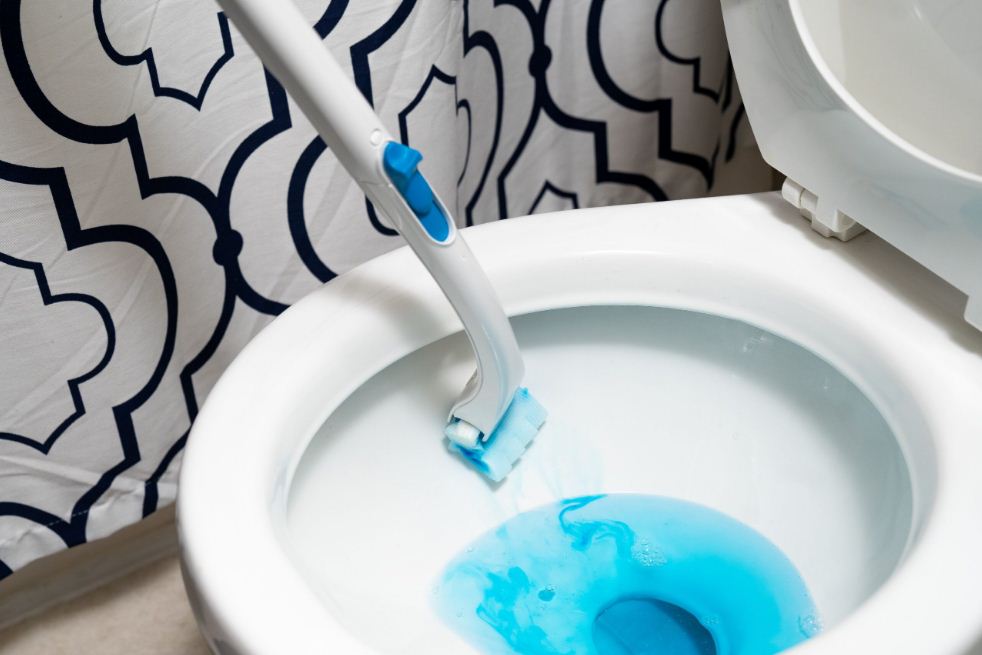
Ingredients in Splash Toilet Cleaner
What chemicals are commonly found in toilet cleaners?
Toilet cleaners typically contain a combination of chemicals designed to dissolve stains, kill bacteria, and deodorize the toilet. Common ingredients found in toilet cleaners include hydrochloric acid, bleach, sodium hydroxide, and various surfactants and fragrances. These chemicals are effective in removing dirt and grime but can also have adverse effects on septic systems if not septic-safe.
Do these chemicals affect septic tanks?
Some chemicals commonly found in toilet cleaners can have a negative impact on septic tanks if used in excessive amounts or if the product is not septic-safe. Harsh chemicals like hydrochloric acid and sodium hydroxide can kill the beneficial bacteria in the septic tank, disrupting the natural breakdown of waste. Additionally, certain surfactants and fragrances can be toxic to the bacteria responsible for the treatment process.
How do the ingredients in Splash Toilet Cleaner compare?
Splash Toilet Cleaner is formulated with septic tank safety in mind, and its ingredients are carefully selected to minimize the impact on septic systems. While specific ingredient information may vary depending on the version of the product, Splash Toilet Cleaner typically contains a milder combination of chemicals compared to some harsher toilet cleaners on the market. This makes it less likely to disrupt the natural balance of bacteria in the septic tank, reducing the risk of septic system problems.
Effects of Toilet Cleaners on Septic Tanks
Can toilet cleaners harm septic tanks?
The use of non-septic-safe toilet cleaners can indeed harm septic tanks and disrupt their proper functioning. Harsh chemicals found in some toilet cleaners can kill the beneficial bacteria that break down waste in the septic tank. Without these bacteria, solid waste cannot be effectively broken down, leading to clogs, backups, and system failures. Therefore, it is important to choose toilet cleaners that are specifically labeled as septic-safe, like Splash Toilet Cleaner.
What are the potential consequences of using non-septic-safe cleaners?
Using non-septic-safe cleaners in your toilet can have several negative consequences for your septic system. Firstly, the chemicals in these cleaners can kill the beneficial bacteria in the septic tank, interfering with the treatment process. This can result in inadequate breakdown of waste, leading to clogs and backups. Furthermore, some chemicals can also damage the materials in the septic tank, causing cracks or leaks that can compromise the system’s overall integrity.
Do toilet cleaners accelerate the need for septic tank pumping?
Using non-septic-safe toilet cleaners can potentially accelerate the need for septic tank pumping. When the beneficial bacteria in the septic tank are killed or reduced in number, solid waste is not broken down as efficiently. This can lead to an accumulation of solids in the tank, requiring more frequent pumping to prevent system failures and backups. By using septic-safe products like Splash Toilet Cleaner, you can help maintain the balance of bacteria and reduce the frequency of septic tank pumping.
How can septic tank problems be linked to the use of harsh chemicals?
Septic tank problems can be directly linked to the use of harsh chemicals in toilet cleaners. The beneficial bacteria in the septic tank play a crucial role in breaking down solid waste and maintaining the overall health of the system. When exposed to harsh chemicals, these bacteria can be killed or inhibited, disrupting the natural treatment process. Over time, this can lead to clogs, backups, and even complete system failure. Therefore, it is essential to use septic-safe products that are specifically designed to minimize the impact on septic systems.
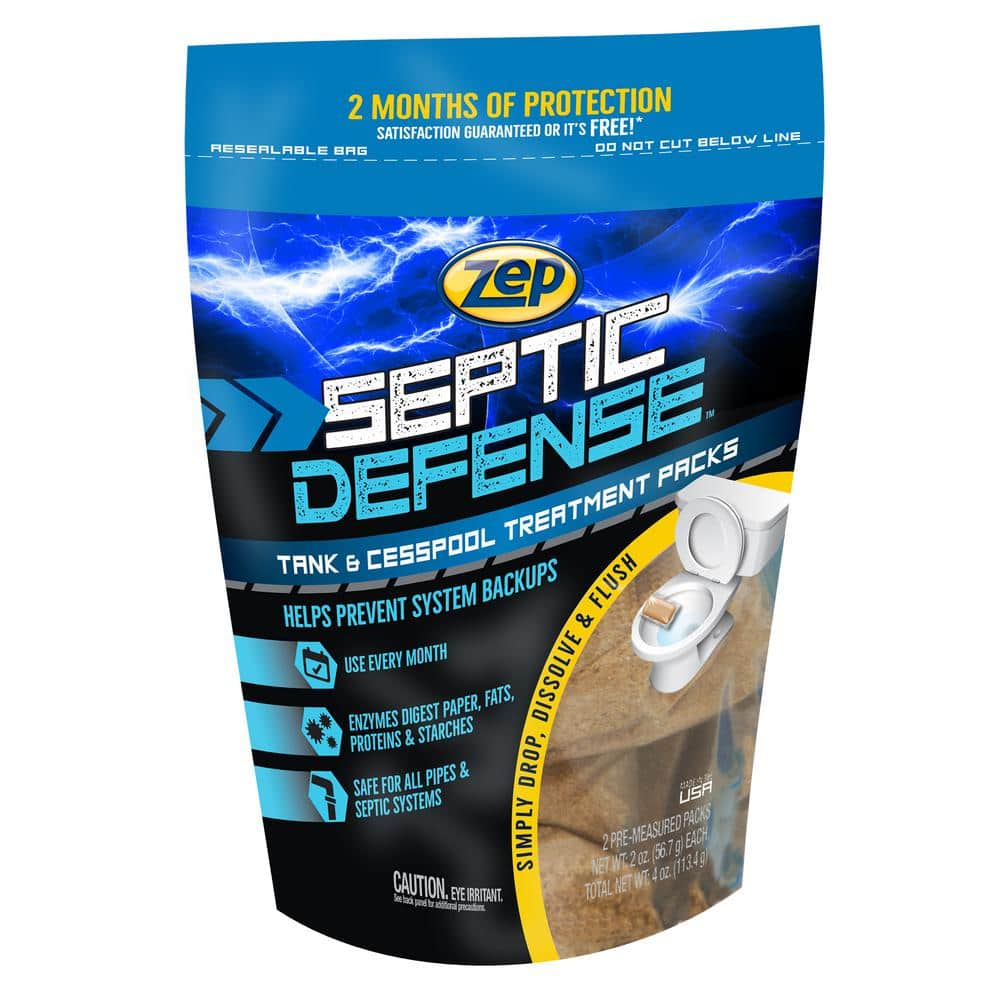
Septic-Safe Certification and Testing
What does it mean for a product to be septic-safe?
When a product is labeled as septic-safe, it means that it has been specifically formulated and tested to be compatible with septic systems. These products are designed to minimize the impact on the natural balance of bacteria in the septic tank, ensuring the proper breakdown of waste. Septic-safe products undergo rigorous testing to evaluate their compatibility with septic systems and to meet specific regulatory standards.
Are there regulatory standards for septic-safe certification?
While there are no specific federal regulations governing septic-safe certifications, various independent organizations and industry associations have established their own standards for certifying septic-safe products. These standards typically involve testing the products’ impact on the health and functionality of septic systems, including their effects on bacteria levels, treatment efficiency, and the prevention of clogs and backups.
How are toilet cleaners tested for septic tank compatibility?
Toilet cleaners are tested for septic tank compatibility through laboratory testing that simulates the conditions of a septic system. These tests typically evaluate the impact of the product on the bacteria levels in the septic tank, the breakdown of waste, and the prevention of clogs and backups. Additionally, the potential effects of the product on the materials of the septic tank, such as corrosion or deterioration, may also be assessed.
What certifications should you look for on toilet cleaner labels?
When choosing a toilet cleaner for your septic system, it is important to look for relevant certifications or endorsements on the product label. Some common certifications for septic-safe products include labels from organizations such as the National Sanitation Foundation (NSF) or the Environmental Protection Agency’s Safer Choice program. These certifications indicate that the product has undergone testing and meets specific criteria for compatibility with septic systems.
Is Splash Toilet Cleaner Safe for Septic Tanks?
Does Splash Toilet Cleaner carry a septic-safe certification?
Yes, Splash Toilet Cleaner is designed to be safe for septic tanks and carries a septic-safe certification. While the specific certification may vary, depending on the version of Splash Toilet Cleaner, it is typically endorsed by organizations such as the National Sanitation Foundation (NSF) or carries the Environmental Protection Agency’s Safer Choice label. This certification ensures that Splash Toilet Cleaner has undergone testing to evaluate its compatibility with septic systems.
What do the product label and manufacturer say about septic tank compatibility?
The product label of Splash Toilet Cleaner typically includes information about its compatibility with septic tanks. It may state that the product is septic-safe, meaning it has been formulated to minimize the impact on septic systems. The manufacturer may also provide instructions or guidelines on how to safely use the product in septic systems. It is important to read and follow these guidelines to ensure the optimal performance of your septic system.
Have there been independent tests or studies on Splash Toilet Cleaner’s impact on septic systems?
While specific independent tests or studies on Splash Toilet Cleaner’s impact on septic systems may vary, several consumer review websites and independent organizations have evaluated its compatibility and safety for septic tanks. These tests typically involve laboratory evaluations and real-world usage scenarios to assess the impact of the product on septic system health and functionality. Overall, the feedback and reviews suggest that Splash Toilet Cleaner is safe for septic tanks when used as directed.
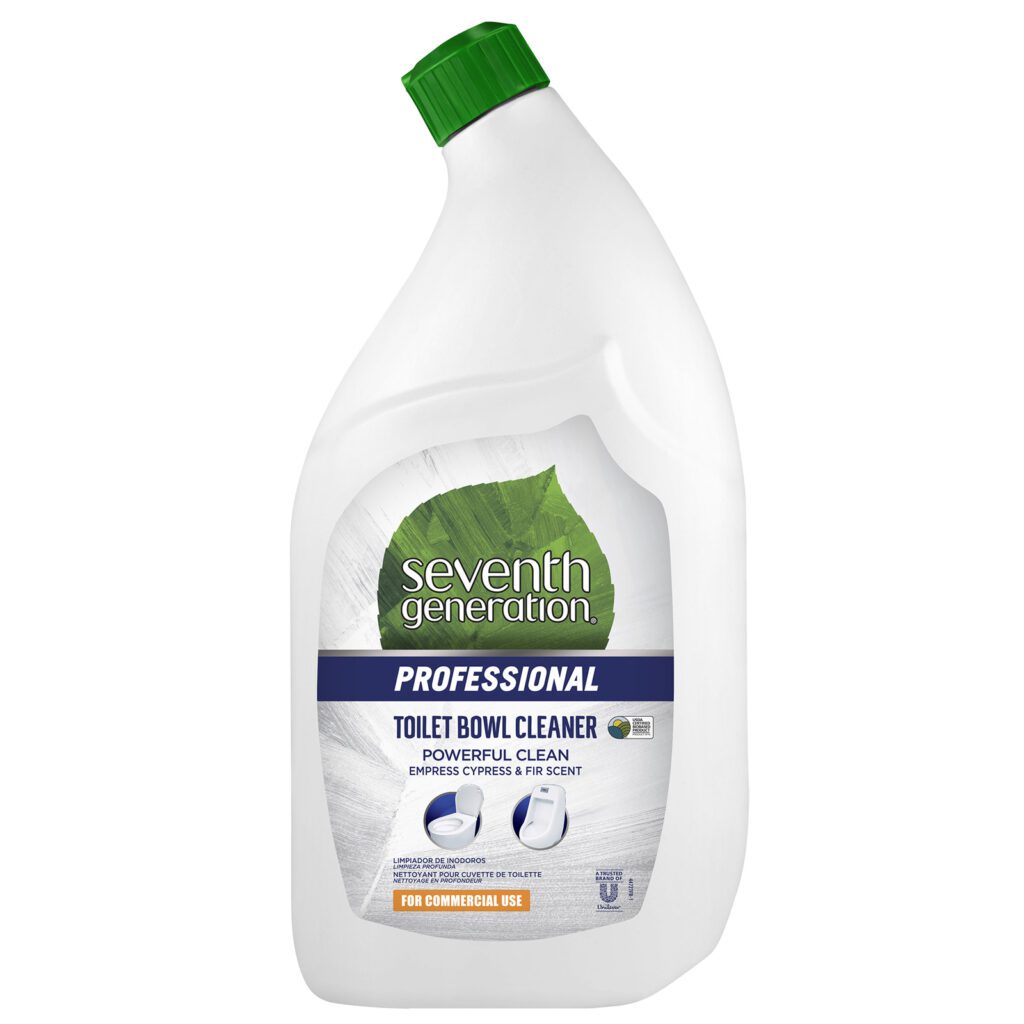
Tips for Using Splash Toilet Cleaner in Septic Systems
How can you use Splash Toilet Cleaner safely in a septic tank system?
To use Splash Toilet Cleaner safely in a septic tank system, follow these tips:
-
Read the product label: Carefully read and follow the instructions provided on the product label, paying particular attention to any specific guidelines for septic systems.
-
Use as directed: Use Splash Toilet Cleaner as directed, without excessive or unnecessary use. Using the recommended amount ensures proper cleaning while minimizing any potential impact on the septic system.
-
Avoid excess water usage: To prevent overwhelming the septic system, avoid excessive water usage while using Splash Toilet Cleaner or any other cleaning product. Water conservation is crucial for optimal septic system functioning.
-
Conserve water: Consider using less water when flushing the toilet after cleaning with Splash Toilet Cleaner. Flushing with minimal water helps reduce the overall water load on the septic system.
-
Combine with proper maintenance: Using septic-safe products alone is not enough to maintain a healthy septic system. Regular maintenance, including regular pumping, inspections, and any necessary repairs, is essential for the long-term health of the system.
Are there any precautions or guidelines when using Splash Toilet Cleaner?
While Splash Toilet Cleaner is designed to be safe for septic tanks, it is always wise to follow some general guidelines when using any cleaning product in a septic system:
-
Avoid excessive use: Excessive use of any cleaning product, including Splash Toilet Cleaner, can introduce a high concentration of chemicals that may disrupt the natural balance of bacteria in the septic tank. Use the recommended amount as directed.
-
Use sparingly with other cleaners: If using other household cleaners, make sure they are also septic-safe and avoid combining multiple products with potentially harmful chemicals. Mixing incompatible cleaning products can have adverse effects on the septic system.
-
Read labels carefully: Always read the labels of cleaning products to ensure they are labeled as septic-safe. Check for specific instructions or precautions for septic systems, and follow them accordingly.
-
Consider a professional opinion: If you are unsure about the compatibility of a specific cleaning product with your septic system, consider consulting a professional septic tank service provider or a plumber. They can provide valuable guidance and recommendations based on your specific situation.
Alternatives to Splash Toilet Cleaner
Are there other commercially available septic-safe toilet cleaners?
Yes, there are several other commercially available toilet cleaners that are specifically labeled as septic-safe. These cleaners are formulated to be compatible with septic systems without compromising their health and functionality. When choosing an alternative to Splash Toilet Cleaner, look for products that carry septic-safe certifications or endorsements from reputable organizations.
What are some natural or DIY options for cleaning toilets in septic systems?
If you prefer to use natural or DIY options for cleaning toilets in septic systems, there are several effective alternatives to consider. Here are a few examples:
-
Vinegar and Baking Soda: Create a paste by mixing vinegar and baking soda, and apply it to the toilet bowl. Let it sit for a while, then scrub and rinse. This natural combination helps remove stains and odors without harming the septic system.
-
Lemon Juice: Squeeze fresh lemon juice into the toilet bowl and use a toilet brush to scrub away stains. The natural acidity of lemon juice helps break down deposits while leaving a fresh scent.
-
Borax: Mix borax with warm water to create a cleaning solution. Apply it to the toilet bowl, scrub, and rinse. Borax is a natural cleaner that can effectively remove stains without harming the septic system.
Remember to always research and test any natural or DIY option before using it in your septic system. What works for one person may not work for another, so it’s important to find an alternative that suits your specific needs and preferences.
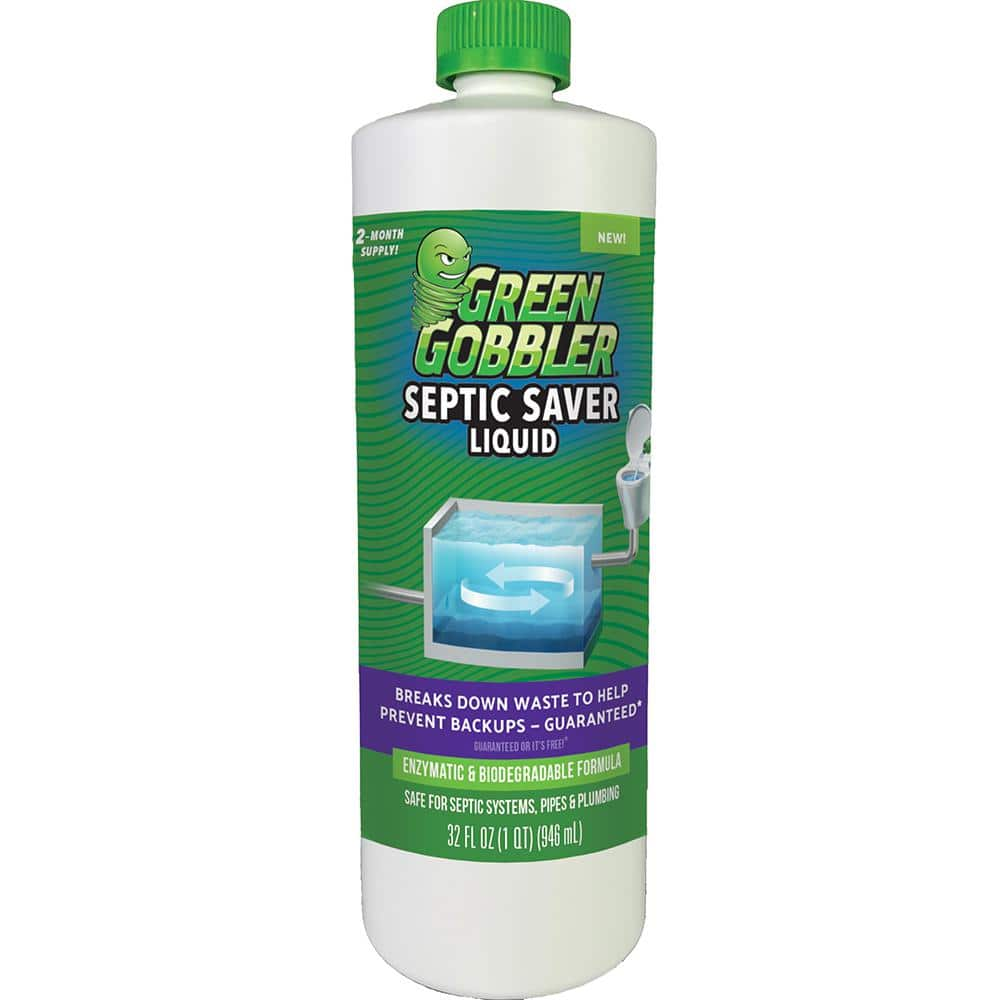
Best Practices for Septic Tank Maintenance
What are some general tips for septic system upkeep?
To ensure the longevity and proper functioning of your septic system, it is crucial to follow some best practices for septic tank maintenance. Here are a few general tips:
-
Regular Pumping: Schedule regular septic tank pumping to remove accumulated solids and prevent clogs or backups. The frequency of pumping depends on the size of the tank and the number of occupants in the household. Consult a professional for specific recommendations.
-
Water Conservation: Practice water conservation habits to reduce the strain on your septic system. Fix any leaks promptly, use water-efficient fixtures, and avoid excessive water usage whenever possible.
-
Proper Waste Disposal: Avoid flushing anything other than human waste and toilet paper down the toilet. Items like wipes, feminine hygiene products, or excessive amounts of chemicals can clog the system and disrupt its proper functioning.
-
Limit Garbage Disposal Usage: Minimize the use of garbage disposals as they can introduce excessive solids into the septic system. Dispose of food waste in a compost bin or municipal waste system instead.
-
Be Mindful of Landscaping: Avoid planting trees or shrubs with extensive root systems near the septic system. Roots can infiltrate and damage pipes or the septic tank, compromising its integrity.
-
Regular Inspections: Schedule regular inspections to assess the overall health of your septic system. Professional inspections can identify and address any potential issues before they become major problems.
How often should you have your septic tank inspected and pumped?
The frequency of septic tank inspections and pumping depends on various factors, including the size of the tank, the number of occupants in the household, and the usage patterns. As a general guideline, septic tanks should be inspected at least once every three to five years. However, some households may require more frequent inspections and pumping, especially if there is heavy water usage or if the septic system is showing signs of issues. Consult a professional septic tank service provider for specific recommendations tailored to your system.
Can proper maintenance reduce the risk of problems caused by toilet cleaners?
Absolutely! Proper maintenance is key to reducing the risk of problems caused by toilet cleaners in septic systems. By following best practices for septic tank maintenance, including regular pumping, inspections, and water conservation, you can help maintain the balance of bacteria in the septic tank. This, in turn, reduces the potential impact of toilet cleaners and other chemicals on the septic system. Using septic-safe products like Splash Toilet Cleaner, in conjunction with proper maintenance, can significantly reduce the risk of problems and ensure the long-term health of your septic tank.
Conclusion
When it comes to maintaining a healthy septic tank, it is important to choose toilet cleaners that are specifically formulated to be septic-safe. Splash Toilet Cleaner, with its septic-safe certification and carefully selected ingredients, is a reliable option for keeping your toilet clean while minimizing the impact on your septic system. By understanding how septic tanks work, the potential effects of toilet cleaners, and following best practices for septic system maintenance, you can ensure the optimal functionality and longevity of your septic tank. Remember to read product labels, follow usage guidelines, and consult professionals when needed. With proper care and septic-safe products like Splash Toilet Cleaner, you can keep your septic system running smoothly for years to come.
